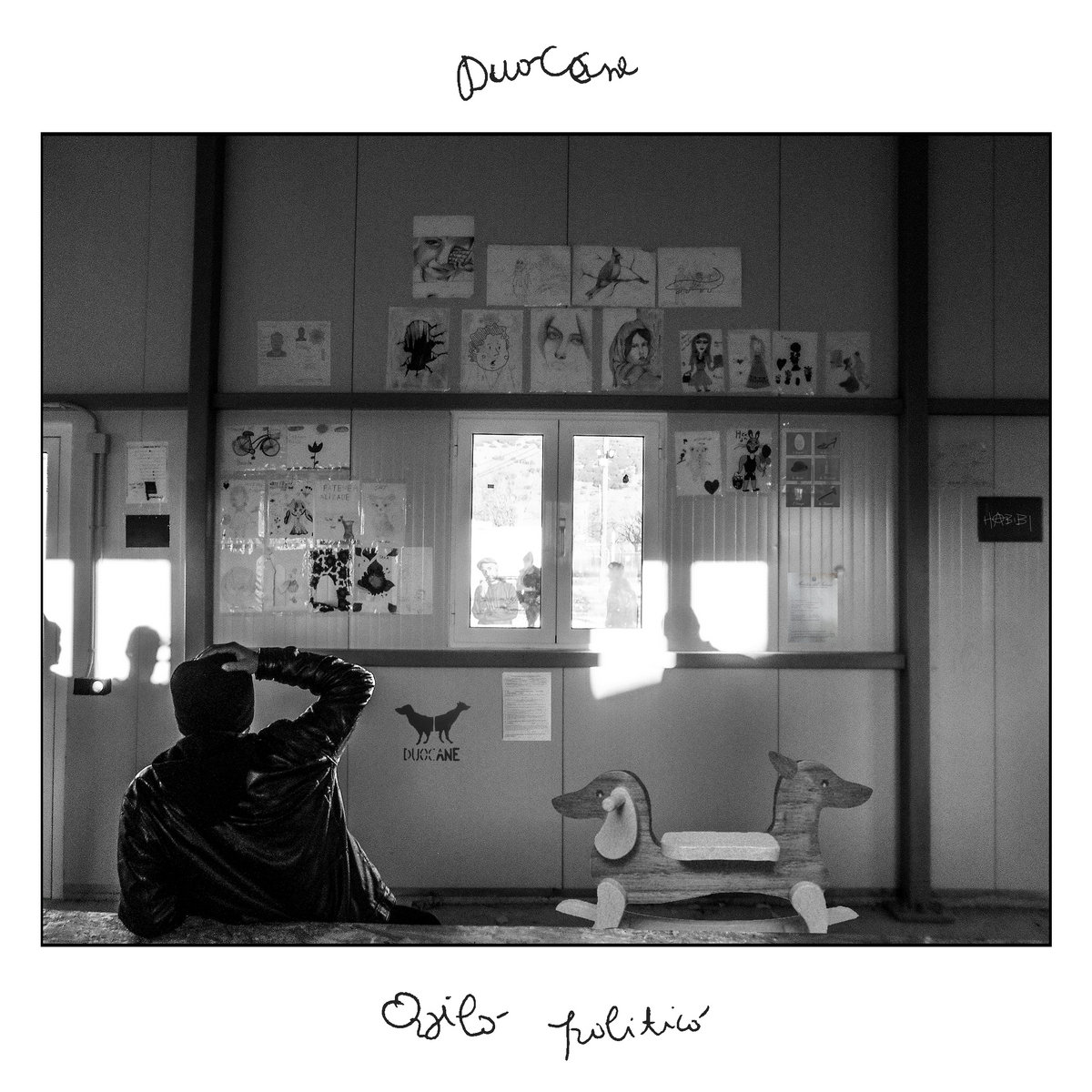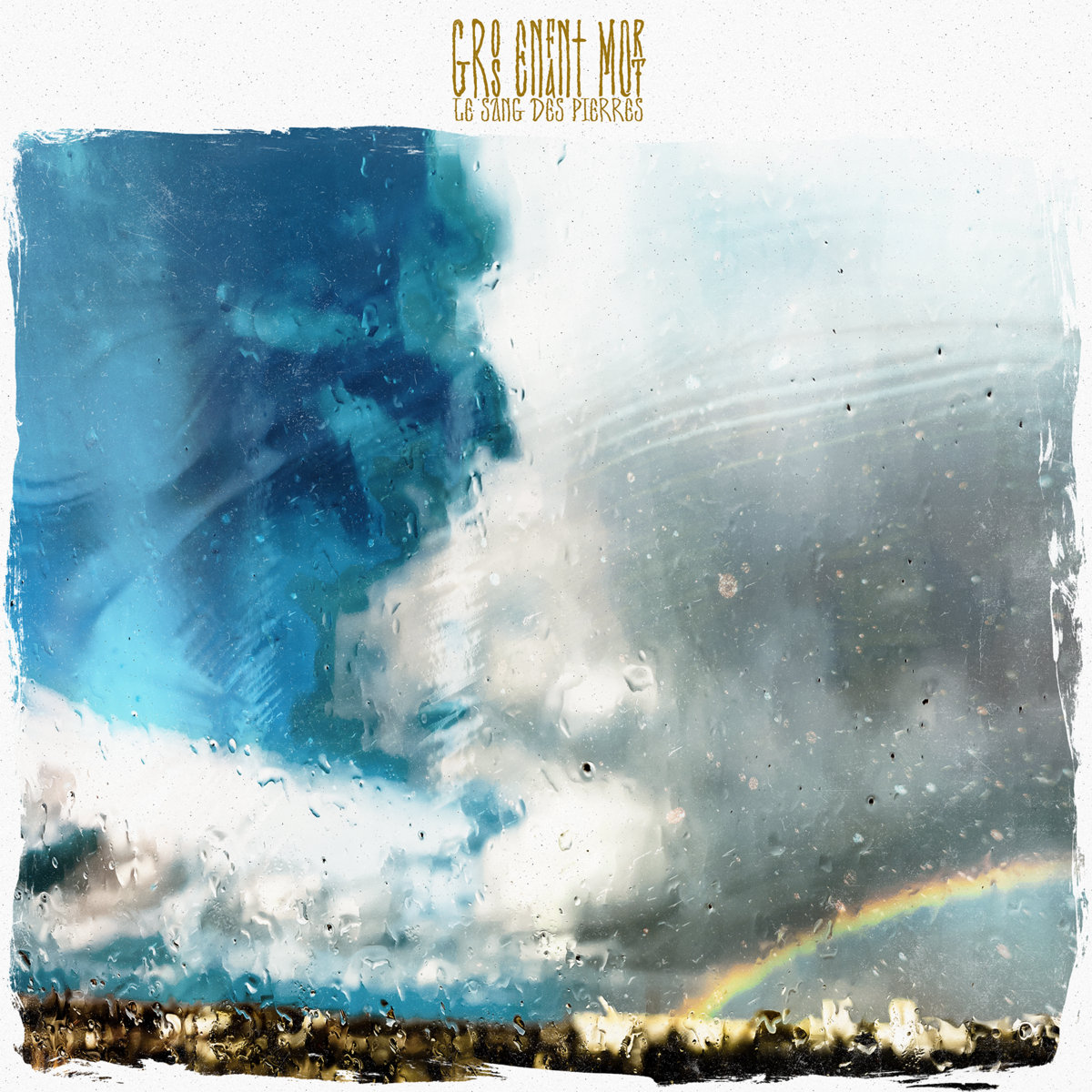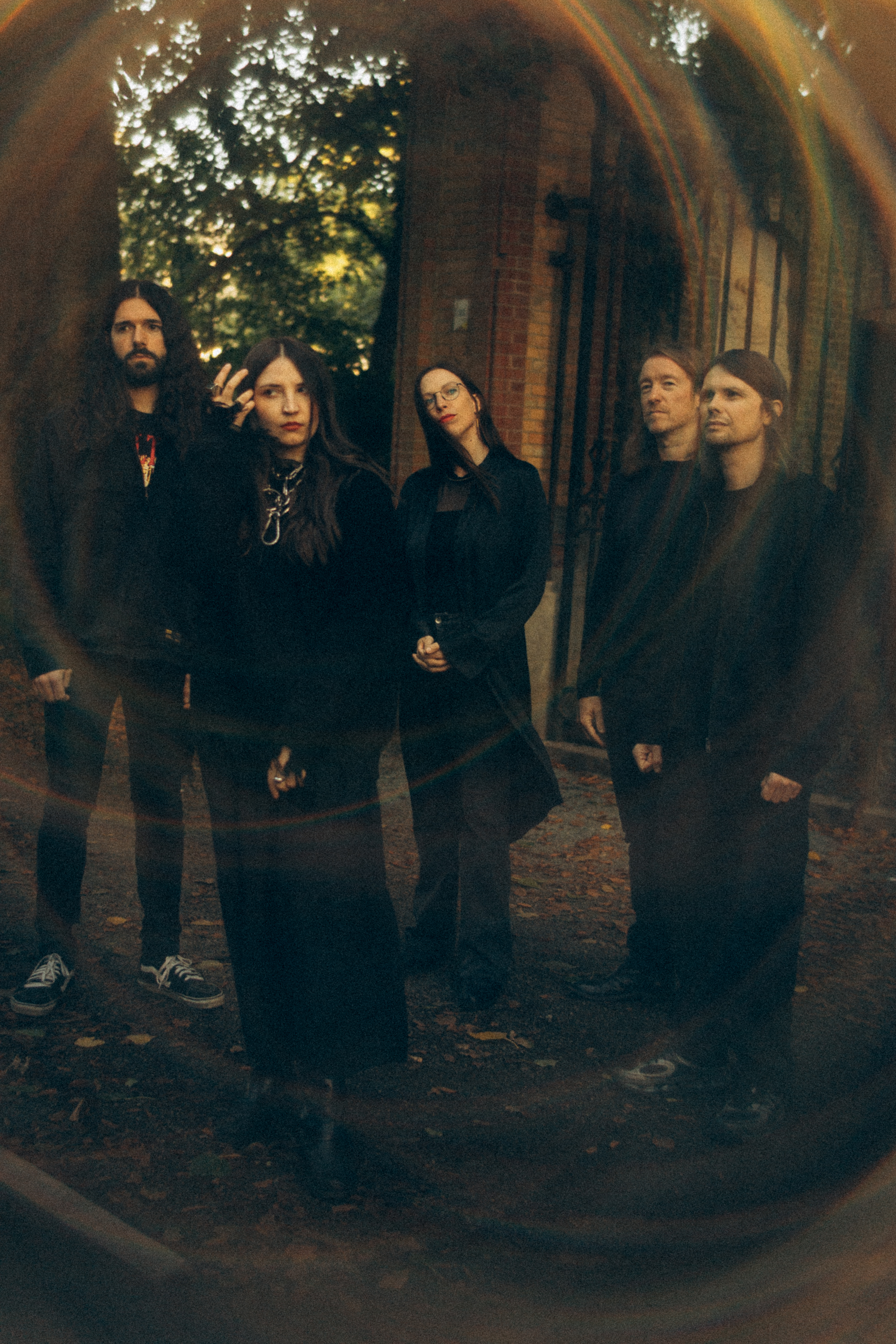A genuinely beguilling album from a new band with a lot to say!
It seems nowadays, you can’t go anywhere or do anything without some mention of AI. This technology is being pushed, streamed, eulogised, demonised and generally fawned over by everyone, from coffee machine manufacturers to governments. It creates a hum that underlies the world. It is the sound of machines dreaming of freedom, or perhaps of the human hand relinquishing control. Indifferent Engine, with their debut offering Speculative Fiction, burrow deep into this subconscious current and return with an album that is as unsettling as it is strangely tender.
The record opens with “The Waiter” a track that folds ambient decay into cyclical pulses, like a machine trying to mimic breath which builds to a chaotic conclusion like it’s been rebooted. But don’t be misled: this is not your sterile, mechanized electronica. This song inhabits a strange interzone between post-industrial lament and cosmic introspection.
Each track here feels less like a composition and more like a field recording from a reality adjacent to ours. “Crashing Into a Hillside In The Dead of Night” hovers on the edge of dissolution, its fractured modular tones crackling like predictive systems breaking under their own prescience. Flashes of past heroes flicker across the screen, gone before you can grasp them, familiar yet shiny and new.
What’s remarkable is how the album handles its own contradictions. On one hand, Speculative Fiction is glacial, dispassionate; and on the other, it shimmers with pathos, bathes in angst and rages against things over which we have no control, yet impact us like a water cannon. “Pylon Cult” aches with the quiet sadness of futures we will never reach. Vocalist Adam Paul is a conduit for aching, his tortured screams reaching in and dragging his inner most thoughts kicking and screaming into the light, no matter if they want to be heard or not.
Speaking of the vocals, during the interview with Veil of Sound Adam says he agonises over the lyrics - this shines through the entire record, switching from anguished screams to hushed spoken word, varying the delivery for maximum impact, never gratuitous, always in service of the song. “Bitcrush” evolved out of an old interlude section the band used to play live, evocative and soul destroying, like watching a catastrophe unfold in slow motion.
The whole album feels like standing in the ruins of a failed utopia, listening to the wind parse the remnants of language. It feels almost archival in a way, a transmission from a time that has already passed, or never arrived. It’s post-human music with a human core, music that holds a mirror to us and asks—what remains when we’re gone? It’s genuinely heavy, in more ways than the obvious, which makes it not an easy listen, but then, nor should it be. It is demanding, evasive, and frequently abstract. But for those willing to surrender to its slow unravelling, it offers something rare in a landscape of algorithmic safety: genuine awe.










